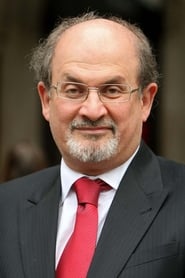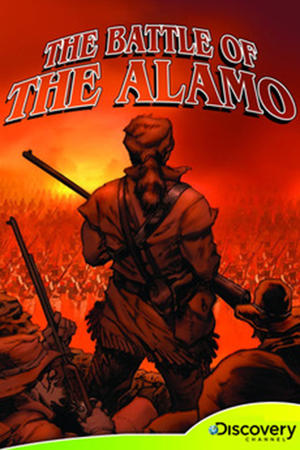
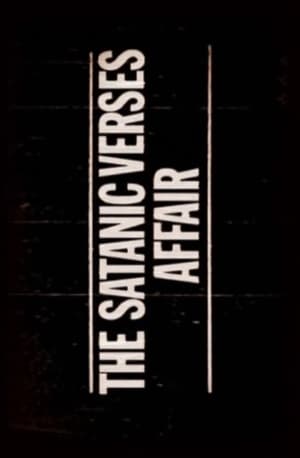
The Satanic Verses Affair(2009)
Twenty years ago, novelist Salman Rushdie was a wanted man with a million pound bounty on his head. His novel, The Satanic Verses, had sparked riots across the Muslim world. The ailing religious leader of Iran, the Ayatollah Khomeini, had invoked a little-known religious opinion - a fatwa - and effectively sentenced Rushdie to death. This film looks back on the extraordinary events which followed the publication of the book and the ten year campaign to get the fatwa lifted. Interviews with Rushdie's friends and family and testimony from leaders of Britain's Muslim community and the Government reveal the inside story of the affair.
Movie: The Satanic Verses Affair

The Satanic Verses Affair
HomePage
Overview
Twenty years ago, novelist Salman Rushdie was a wanted man with a million pound bounty on his head. His novel, The Satanic Verses, had sparked riots across the Muslim world. The ailing religious leader of Iran, the Ayatollah Khomeini, had invoked a little-known religious opinion - a fatwa - and effectively sentenced Rushdie to death. This film looks back on the extraordinary events which followed the publication of the book and the ten year campaign to get the fatwa lifted. Interviews with Rushdie's friends and family and testimony from leaders of Britain's Muslim community and the Government reveal the inside story of the affair.
Release Date
2009-03-07
Average
0
Rating:
0.0 startsTagline
Genres
Languages:
Keywords
Similar Movies
 8.0
8.0Punk Girls - Die weibliche Geschichte des britischen Punk(de)
London 1976: Between economic crises and the Silver Jubilee, something is brewing in the squats and basement clubs of West London: Punk. A promise, a new beginning. Punk meant self-empowerment, especially for the women in the scene. For the first time, women picked up guitar, bass and drums, formed bands and wrote their own songs.
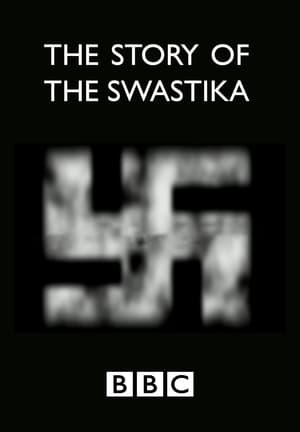 0.0
0.0The Story of the Swastika(en)
In the week when Hindus celebrate the holy festival of Diwali, this documentary tells the story of one of their faith's most sacred symbols - the swastika. For many, the swastika has become a symbol synonymous with the Nazis and fascism. But this film reveals the fascinating and complex history of an emblem that is, in fact, a religious symbol, with a sacred past. For the almost one billion Hindus around the world, the swastika lies at the heart of religious practices and beliefs, as an emblem of benevolence, luck and good fortune.
Fanalysis(en)
Actor/cult icon Bruce Campbell examines the world of fan conventions and what makes a fan into a fanatic.
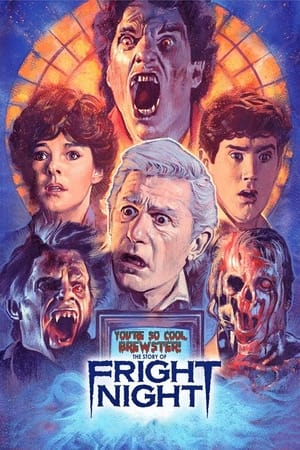 6.8
6.8You're So Cool, Brewster! The Story of Fright Night(en)
An extensive look at the making of Fright Night (1985) and Fright Night Part 2 (1988) featuring exclusive interviews with cast and crew members, rare photographs, behind-the-scenes footage and more.
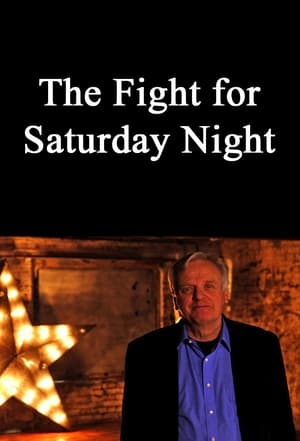 7.0
7.0The Fight for Saturday Night(en)
Michael Grade tells a tale of television skullduggery and dirty dealings in the battle to win the Saturday night ratings crown.
 6.5
6.5Is the Crown at war with us?(en)
In the summer of 2000, federal fishery officers appeared to wage war on the Mi'gmaq fishermen of Burnt Church, New Brunswick. Why would officials of the Canadian government attack citizens for exercising rights that had been affirmed by the highest court in the land? Alanis Obomsawin casts her nets into history to provide a context for the events on Miramichi Bay.
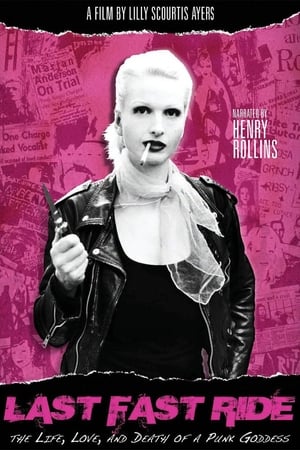 8.0
8.0Last Fast Ride: The Life, Love and Death of a Punk Goddess(en)
Henry Rollins narrates Lilly Scourtis Ayers' no-holds-barred profile of volatile Bay Area punk legend Marian Anderson, whose hypnotic beauty, devil-may-care rebellion and shocking sexual exploits onstage launched her to infamy before tragically dying of a heroin overdose at the tender age of 33.
Adam Jensen: The Life, The Loss & The Grind(en)
Take a journey through the eyes of 25-year-old aspiring professional skateboarder, Adam Jensen to see how skateboarding is the perfect tool in overcoming life’s most difficult obstacles. Those closest to Adam will make their comments about his life, and potential to achieve notoriety in his professional career through his trials and triumphs.
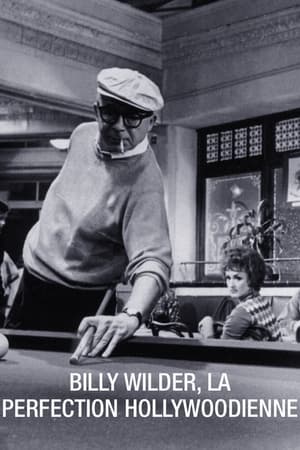 8.0
8.0Billy Wilder: Nobody's Perfect(en)
Biography on the famous writer-director, Billy Wilder.
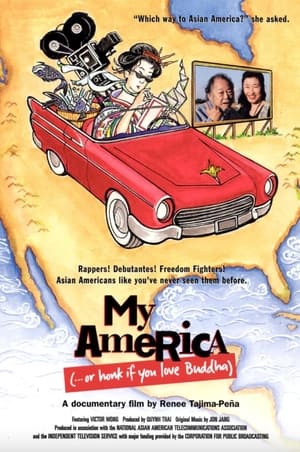 0.0
0.0My America... or Honk If You Love Buddha(en)
Renee Tajima-Peña takes to the road to investigate questions about Asian-American identity.
 6.1
6.1France / Tour / Detour / Two / Children(fr)
In this astonishing twelve-part project for and about television — the title of which refers to a 19th-century French primer Le tour de la France par deux enfants — Godard and Miéville take a detour through the everyday lives of two children in contemporary France.
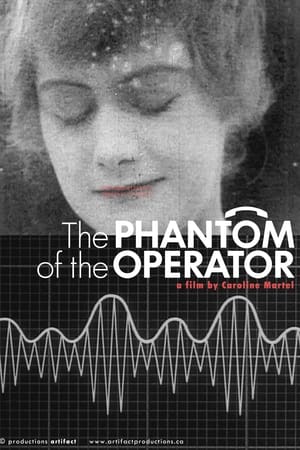 4.8
4.8The Phantom of the Operator(en)
The Phantom of the Operator is a poetic film collage that documents the construction and rise of female telephone operators and their eventual replacement with computerized communications systems.
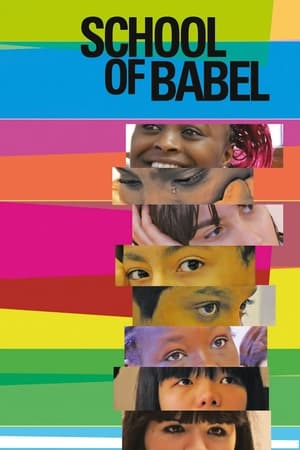 6.6
6.6School of Babel(fr)
They just arrived in France. They are Irish, Serbs, Brazilians Tunisians, Chinese and Senegalese ... For a year, Julie Bertuccelli filmed talks, conflicts and joys of this group of students aged 11 to 15 years, together in the same class to learn French.
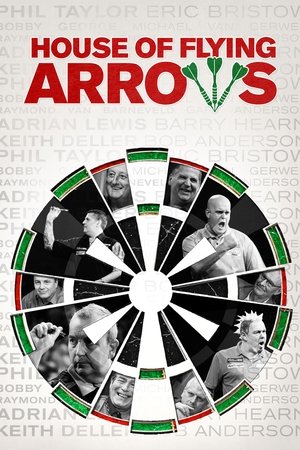 6.4
6.4House of Flying Arrows(en)
The popular rise of darts is charted in this pin-sharp documentary that follows the trajectory of arrows from local pub to beer-soaked arena. Featuring archive footage, behind-the-scenes access and interviews with current darting personalities such as Michael van Gerwen, Gary Anderson and Raymond van Barneveld, the film traces the sport's evolution from humble beginnings through to the glamorous heyday of the 1980s and on into the lucrative professional era.
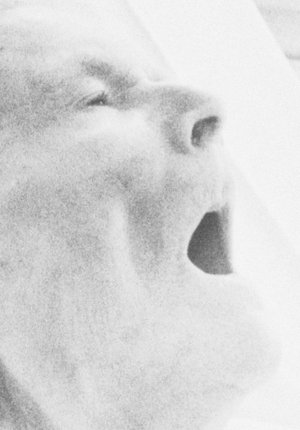 6.5
6.5Time Being(en)
Gunvor Nelson stares intently at her mother Carin, a woman whose body has been devastated by the challenges of her last days on this earth. In three astute shots, Nelson looks with honesty rather than awe at a woman whose spirit has somehow flown away but whose body still demands a share of our time and our space.
 5.6
5.6How to Cook Your Life(en)
A Zen priest in San Francisco and cookbook author use Zen Buddhism and cooking to relate to everyday life.
 6.7
6.7Dixie Chicks: Shut Up and Sing(en)
Shut Up and Sing is a documentary about the country band from Texas called the Dixie Chicks and how one tiny comment against President Bush dropped their number one hit off the charts and caused fans to hate them, destroy their CD’s, and protest at their concerts. A film about freedom of speech gone out of control and the three girls lives that were forever changed by a small anti-Bush comment
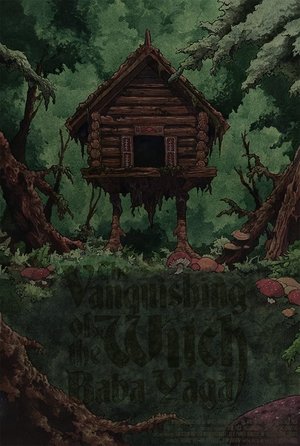 10.0
10.0The Vanquishing of the Witch Baba Yaga(ru)
A descent into Eastern Europe's haunted woodlands uncovers the secrets, fairy tales, and bloody histories that shape our understanding of man's place in nature.
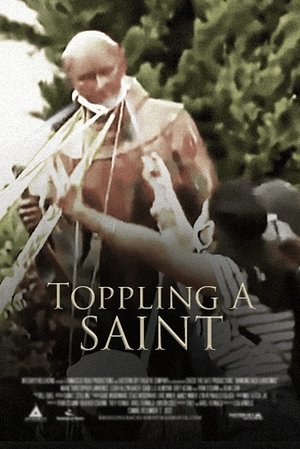 5.0
5.0Toppling a Saint(en)
An exploration of America’s cultural divide ignited by the 2020 controversy surrounding the forcible toppling of Father Junipero Serra’s statues. Best-selling author Arthur Brooks examines the toxic polarization gripping the nation. Can we bridge this divide, or are we destined to repeat history?
